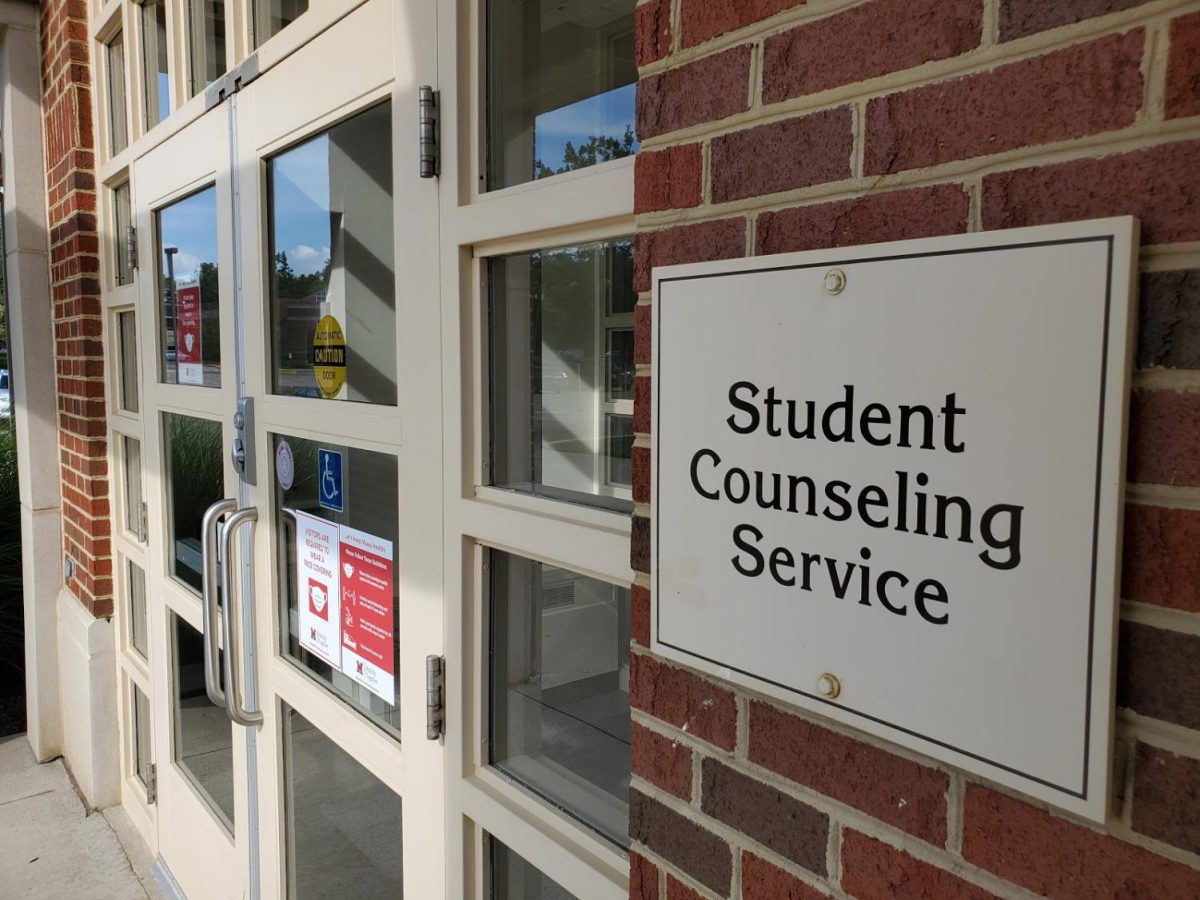Miami’s counseling service resumes virtually as mental health concerns rise
September 4, 2020
The new normal of social distancing and isolation now brings new mental health concerns to communities.
The Centers for Disease Control and Prevention surveyed more than 5,000 individuals around the country and the results show increased levels of stress and depressive disorders among respondents, an increase in substance use, as well as an increase in thoughts about suicide.
The survey reported that 40% of respondents noticed some adverse stress-related or depressive illness since the pandemic, 13% have increased substance use and that 10% have seriously considered suicide in the last 30 days. Among more vulnerable groups such as young people (ages 18-24) and essential workers, over 20% of respondents had seriously considered suicide in the last 30 days.
Cricket Meehan, director for school-based mental health programs at Miami University, said the increased anxiety in communities is concerning.
“We’re in this uncertain time, we don’t know what the future is going to hold and everyone is dealing with that and coping with that in different ways,” Meehan said. “I think the No. 1 thing that everyone needs to be aware of is that because people feel more isolated now — the connections with each other, whether they’re in-person connections or they’re virtual connections — we need everyone to feel like there’s someone out there to connect to should they need to talk to someone.”
Jennifer Young, a psychologist at Miami and the school’s assistant director for outreach & programming at the student counseling service, said the demand for counseling services has been about the same at Miami even after making the switch from in-person sessions to tele-behavioral health appointments.
“We’ve been pleasantly surprised at our ability to do [online] therapy effectively,” Young said. “Some of us were skeptical that this could work.” Young also noted that Miami has started offering drop-in virtual counseling sessions for students through its Campus Care outreach program.
Young said even while social distancing, it’s important people try to maintain a routine and a balanced lifestyle.
“We always emphasize three basic physical health recommendations that are also mental health recommendations,” Young said. “Making sure you’re exercising regularly, making sure you’re eating regularly and healthy and making sure you’re getting enough sleep and maintaining a consistent sleep schedule even in this strange time we’re in.”
Young also said that it’s important for people to not be afraid to ask for help during this time when so many people might need it.
“I think unfortunately there’s still a stigma in our society that if you ask for therapy from a mental health professional that there’s something wrong with you and we view it just the opposite,” Young said. “We think everybody can use a little bit of support from time to time, and especially right now — during COVID, racial violence going on in this country… – this is the best time to reach out … If not to a mental health provider, to a family member, to a friend, to a religious leader… There should be no stigma.”
Various public mental health services are offered to people in the Greater-Cincinnati including its warmline number and the Ohio Department of Mental Health and Addiction Services textline. Ohio also started its Strive for Five Challenge which encourages people to check in on five people they know each day as Ohio works through the COVID-19 crisis.














